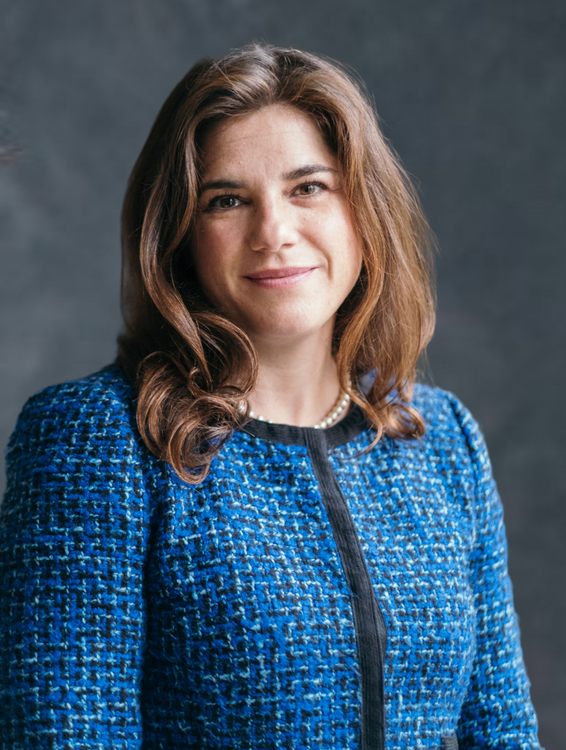Business owners face amplified scrutiny to earn MWBE status
September 13, 2023
Becoming a New York certified Minority-Owned Business Enterprise (MBE) or a Women-Owned Business Enterprise (WBE) can open doors for small businesses from financing, to securing public contracts and more.
We work closely with many women and/or minority owned businesses to either secure their MWBE status, or to renew an existing designation. In recent months, we have seen an uptick in WBE certified renewal applications being denied despite seemingly meeting all qualifications.
Per the Empire State Development website, businesses seeking MBE or WBE designations must meet the following qualifications:
Minority-Owned Business Enterprise (MBE)
Under Article 15-A of the Executive Law, an MBE is a business enterprise in which at least fifty-one percent (51%) is owned, operated and controlled by citizens or permanent resident aliens who meet a set of ethnic definitions outlined by the state.
Women-Owned Business Enterprise (WBE)
Qualifications for NYS MWBE Certification
To qualify for New York State certification as a minority and/or women-owned business enterprise (MWBE), an applicant must successfully demonstrate the following through the production of relevant documentation:
- Ownership, Operation and Control: All firms seeking MBE, WBE or MWBE certification must be independently owned, operated and controlled by minority members and/or women. The ownership must be real, substantial and continuing, and the minority members and/or women must exercise the authority to independently control the day-to-day business decisions.
- Personal Net Worth Restriction: Each minority or woman owner upon whom certification is based cannot have a personal net worth exceeding $15 Million after allowable deductions.
- Mandatory Supporting Documents: For each minority or woman owner upon which certification is based) Current Personal and Business Federal and State Taxes (Including all schedules, statements and amendments)
- Small Business Restriction: Firms must not employ more than 300 individuals. The Division of Minority and Women’s Business Development calculates the number of employees of a business based upon the average total employees of the business over four calendar quarters.
- Independent, Active and One year in Business: The firm must operate independently of other firms, must demonstrate it is an active business and generally, the business must be in operation for at least one year.
- Out of State Firms: Out of state applicants should be certified as a MWBE in their home state, if a similar process exists, before applying for MWBE certification in New York State.
While that may seem straightforward, albeit a detailed set of requirements, we are seeing more pushback as clients apply for WBE, MBE, or WMBE status. We are seeing two primary obstacles our clients face in the process.
First, we have seen an increase in cases where the state rejects an application on the basis that the owner of the business is not a “true owner” because she or he cannot, or is not personally performing the “primary” labor functions of the business. For example in many instances the application reviewers claim that because a woman is not physically performing the labor in a construction business or working on the manufacturing line she cannot possibly be the “true owner” of the business. Should an owner who does not physically perform the primary labor tasks of a business be considered any less an owner? We think not.
Another example might be a woman who buys a gas station (owning and controlling 51% or more), and then sees the opportunity to expand services to the community by offering repair services. She herself is not a mechanic and therefore she hires certified expert mechanics to perform the repair service labor,. The current trends show that the State MWBE application reviewers may deny her status as a MWBE business even though she is no less an owner than she was prior to the expansion.
Second, the lengthy delays applicants face while waiting for their application to be processed negatively impacts small businesses across New York and the local economy. The delay leaves businesses in limbo and in turn delays significant development projects thereby impacting not only the applicant small business but the community as a whole.. We have seen cases where it can take as much as a year to hear back from the state on an MWBE application. During this time of uncertainty applicants may miss out on valuable opportunities to grow their business because they do not have a confirmed MWBE. status.
If you are a MWBE seeking certification or recertification from New York State, and you are facing similar roadblocks, give myself, or any member of our labor and employment team a call. We work closely with businesses to navigate this process and help small business owners fight for their business interests and our community.
Chanel T. McCarthy has more than ten years of experience assisting clients with their business needs - from lease agreements and contract negotiations to operations and employment matters. Chanel has a wide range of experience in corporate law including with issues related to the hospitality industry. Chanel brings a wealth of experience in the areas of trust and estate administration and litigation, and other matters before the Surrogate’s Court. She can be reached at 716-854-4300 ext. 254 or [email protected].


